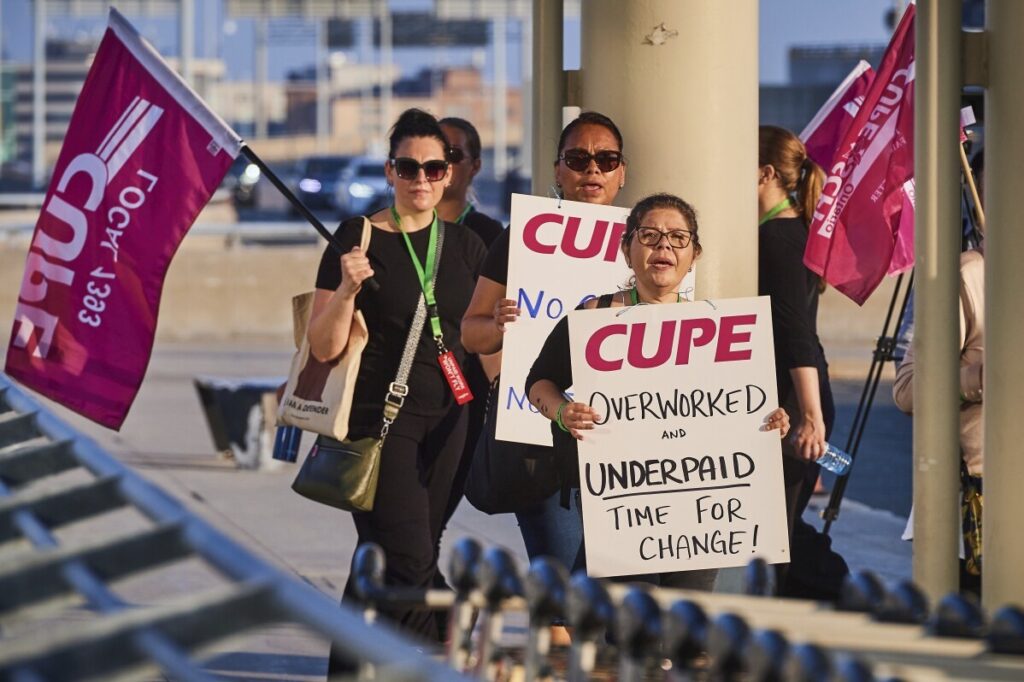Government Forces Air Canada Flight Attendants Back Amid Strikes—Who Really Pays the Price?
As Air Canada workers strike during the critical summer season, the Canadian government’s forced arbitration raises questions about union leverage versus national economic stability.

When over 10,000 Air Canada flight attendants walked off their jobs at the height of summer travel, they stranded more than 100,000 passengers worldwide and threatened a vital artery of North American commerce. But rather than allowing collective bargaining to proceed organically, the Canadian government abruptly stepped in to end the strike with a forced return-to-work order and binding arbitration — a heavy-handed intervention that exposes the collision between labor unrest and national economic security.
Is Forced Arbitration a Quick Fix or a Dangerous Precedent?
Federal Jobs Minister Patty Hajdu moved swiftly less than twelve hours after the strike began, ordering flight attendants back to work and referring the dispute to the Canada Industrial Relations Board. Her justification? Protecting an economy already strained by inflationary pressures and escalating U.S. tariffs on Canadian goods. Yet this rush to quell labor unrest through government decree raises deeper questions: At what cost to free-market negotiation principles? And how long before such interventions undermine unions’ ability to bargain fairly?
The airline had offered a substantial 38% increase in total compensation over four years, touted as making flight attendants the best paid in Canada. Still, union leaders rejected this package citing inflation concerns. Meanwhile, thousands of travelers caught in limbo faced canceled flights with only uncertain promises of refunds or alternate routes—a chaos emblematic of governments’ struggles to balance worker demands with public interest.
What Does This Mean for America and Our Borders?
This disruption north of our border is not just an isolated Canadian issue; it ripples into American skies and economies heavily intertwined with our neighbor. The swift government takeover echoes troubling global trends where states prioritize immediate economic signals over long-term market freedoms and individual liberties — trends Americans must watch closely as they reflect on how much power bureaucrats should wield over private enterprise.
For hardworking families planning summer vacations or businesses relying on reliable air transport, these strikes and government mandates spotlight failures in leadership that could be avoided by respecting true negotiations rather than top-down impositions. How long will Washington stand by while similar tactics erode labor relations here at home? Preserving sovereignty means protecting both workers’ rights and market forces without resorting prematurely to government coercion.
The story unfolding with Air Canada offers a cautionary tale: when governments prioritize control over collaboration, everyone ultimately pays—in lost liberty, disrupted commerce, and diminished trust.
